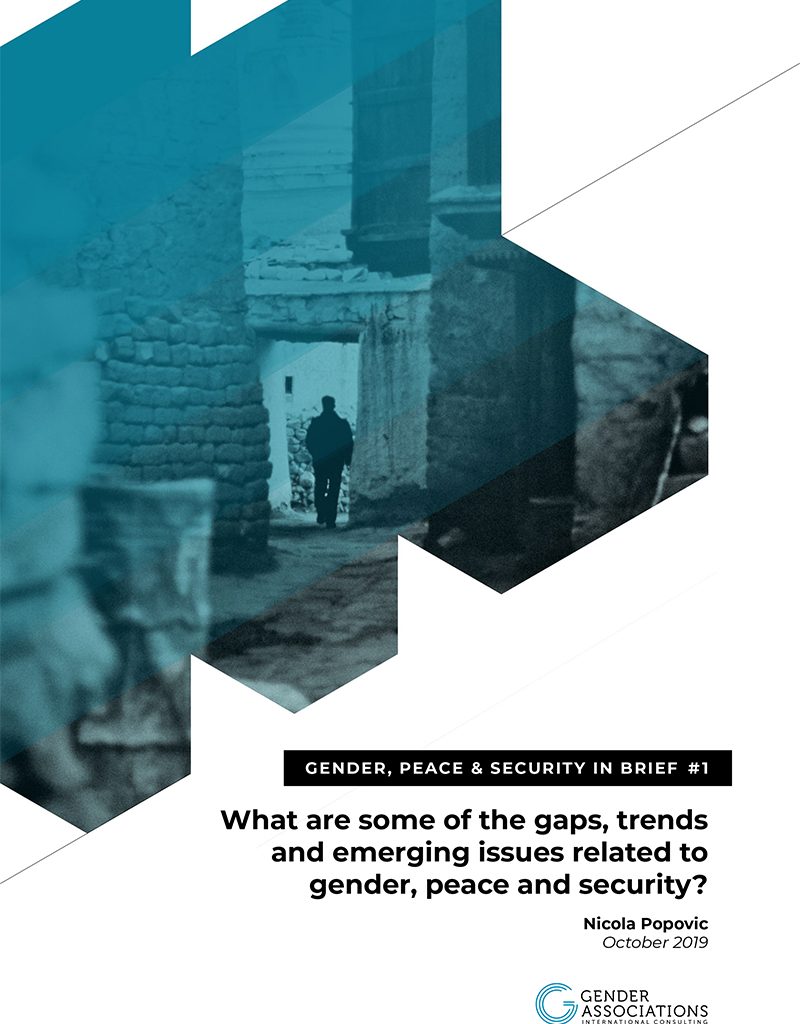Monitoring, reporting and evaluation
Managing results and learning from past experiences require the collection of reliable and realistic data. Monitoring and evaluation measures are an integral part of quality assurance and continuous learning and improvements. We develop and strengthen gender-sensitive monitoring and evaluation frameworks based on results-based management principles and guided by context specific theories of change. This includes support for the development and review of gender-sensitive indicators, disaggregated data and a continuous reflection on how we measure success in all initiatives. We also provide technical support for the development of monitoring and evaluation frameworks for sectoral and country specific implementation strategies such as national action plans for the implementation of UN Security Council Resolution 1325.







